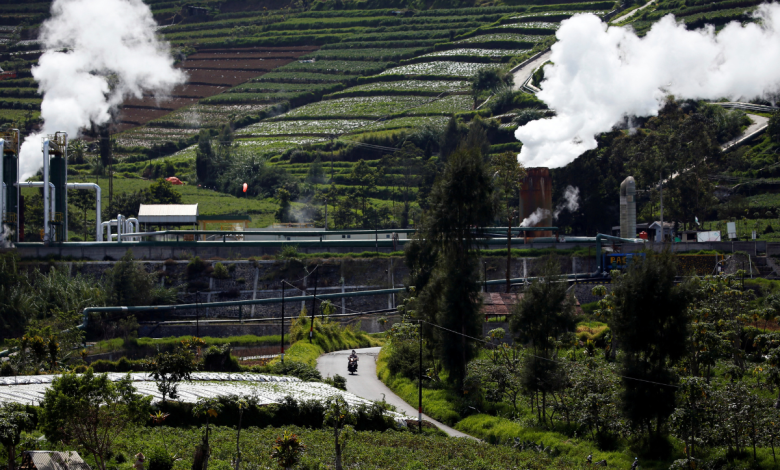World Bank’s Alleged Support for Indonesian Coal Plants Sparks Outcry

Environmental organizations are questioning the World Bank over its purported financing of two coal-fired power stations in Indonesia, which appears to go against its pledge to stop funding fossil fuel projects. This article digs into the specifics of the dispute, looking at the World Bank’s involvement, the coal power plant’s environmental effects, and the larger coal sector in Indonesia.
The International Financial Corporation (IFC), a private sector arm of the World Bank, is charged with unintentionally aiding the Suralaya coal-fired power complex by owning ownership in Hana Bank Indonesia, one of the project’s funders. Despite its 2020 commitment to divest from coal, the IFC nevertheless owns shares of financial institutions that have exposure to coal, so long as such institutions have plans to gradually reduce that exposure.
Green organisations claim that the Suralaya plant, which is already the biggest in Southeast Asia, would expand and release an astounding 250 million tonnes of carbon dioxide into the atmosphere, considerably accelerating climate change. The proposal has also raised worries from the local community regarding forced evictions, which would increase the human cost of coal electricity.
The Suralaya power complex has a significant negative influence on the region’s air quality, which results in over US$1 billion in annual health expenses, according to research by the Helsinki-based Centre for Research on Energy and Clean Air (CREA). The complex also contributes to the dangerous haze that affects Jakarta, which was named the most polluted city in the world in August.
Despite efforts made globally to minimise reliance on coal, Indonesia has put into operation new coal plants, dramatically increasing coal-fired capacity. With a total capacity of 40.6 gigawatts and another 18.8 GW under development, the nation is now the third-largest coal capacity builder in the world, behind only China and India.
In order to lessen its reliance on fossil fuels, Indonesia joined the Just Energy Transition Partnership (JETP), with the goal of receiving $20 billion. New coal-fired power stations are prohibited under the agreement, with a few “captive” units supporting industrial sites being the only exceptions. The JETP investment plans, however, have been postponed.
Also Read: Embracing Plant-Based Diets: A Path to Sustainable Future
The issue surrounding the World Bank’s purported backing for coal plants in Indonesia brings to light the difficulties that international financial organizations face when trying to match their obligations with environmental objectives. The role of organizations like the World Bank and their commitment to tackling climate change are under close scrutiny as Indonesia deals with a rising coal industry and environmental concerns.



